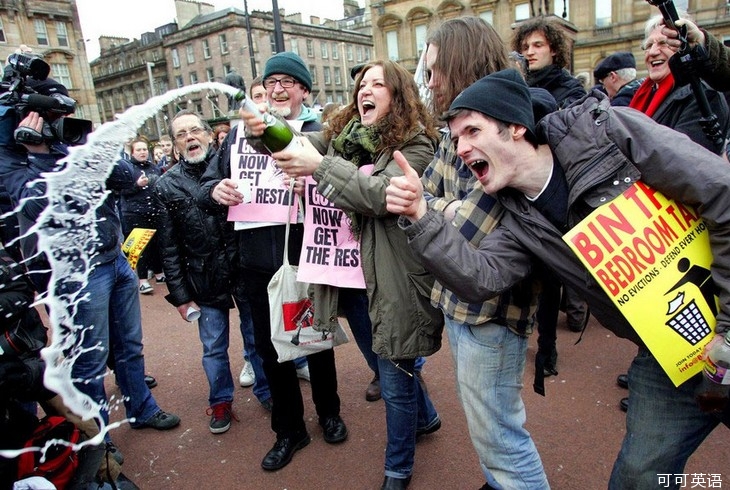
在大部分事務上瑪格麗特•撒切爾(Margaret Thatcher)都是正確的,雖然反對她的人還是很難認同這一點。
She was right that Britain’s trade unions had become much too powerful. She was right that nationalised industries had to be privatised. She was right that inflation has monetary causes.
她說得對,英國的工會已經變得過于強大。她說得對,國有化的產業必須私有化。她說得對,通脹有貨幣的成因。
She was also mostly right about foreign policy. She was right to drive the forces of Argentina’s junta out of the Falklands and she was right to exhort a “wobbly” George H.W. Bush to mete out the same treatment to Saddam Hussein’s forces in Kuwait.
在外交政策上她大多數時候也是正確的。她將阿根廷軍政府的部隊趕出福克蘭群島(Falklands,即馬爾維納斯群島)是正確之舉;她告誡“搖擺不定的”老布什(George H.W. Bush)對薩達姆•候賽因(Saddam Hussein)在科威特的軍隊采取同樣的措施也是正確的。
Though dubbed the “Iron Lady” by a Soviet magazine, her hawkishness in the cold war did not blind her to the possibilities of doing business with Mikhail Gorbachev. Like Ronald Reagan, she was quick to see the opportunity offered by his policies of glasnost and perestroika.
盡管被一家蘇聯雜志稱為“鐵娘子”,她在冷戰期間的鷹派立場并沒有使她無視與米哈伊爾•戈爾巴喬夫(Mikhail Gorbachev)打交道的可能性。與羅納德•里根(Ronald Reagan)一樣,她很快就從戈爾巴喬夫的開放與改革政策中看到了機會。











